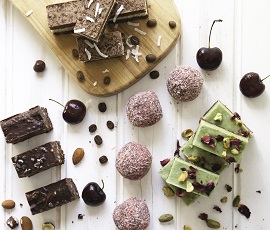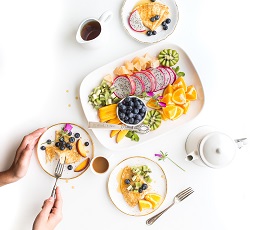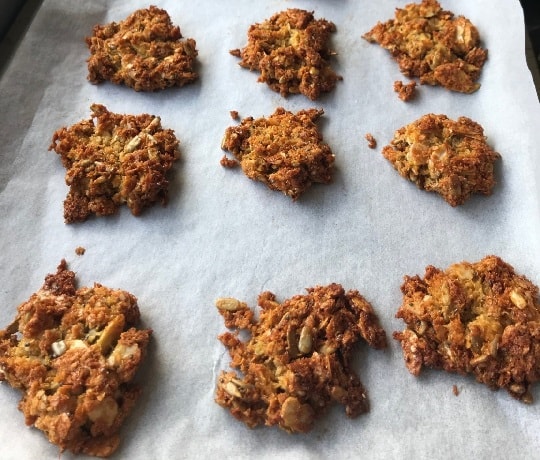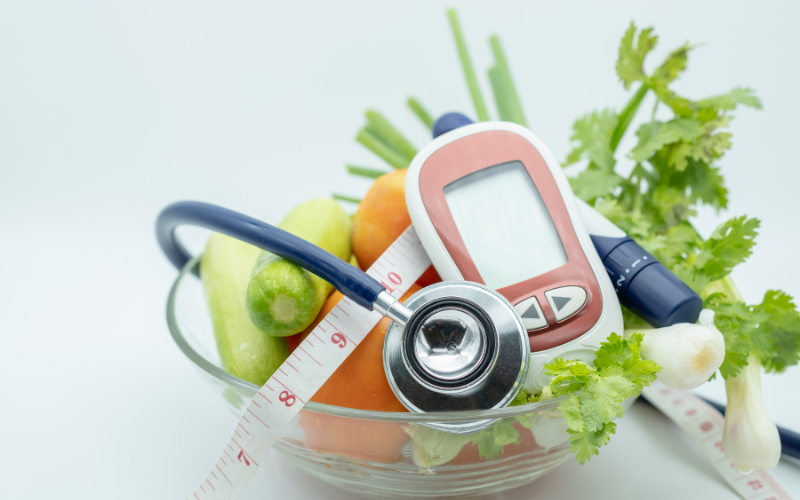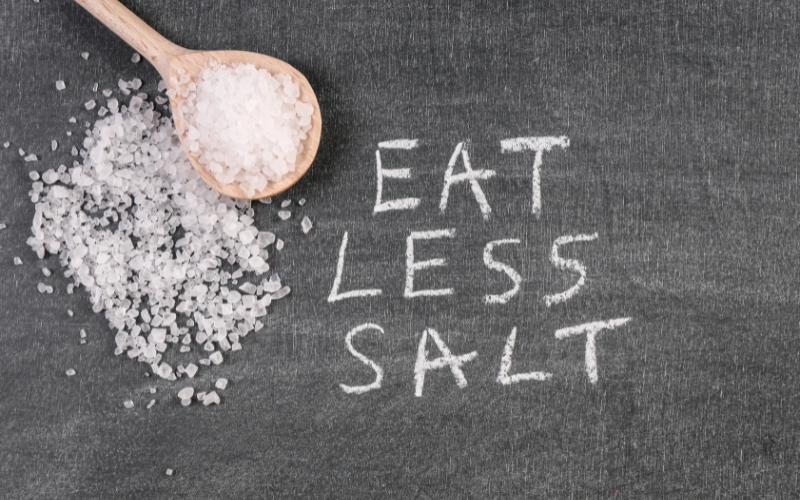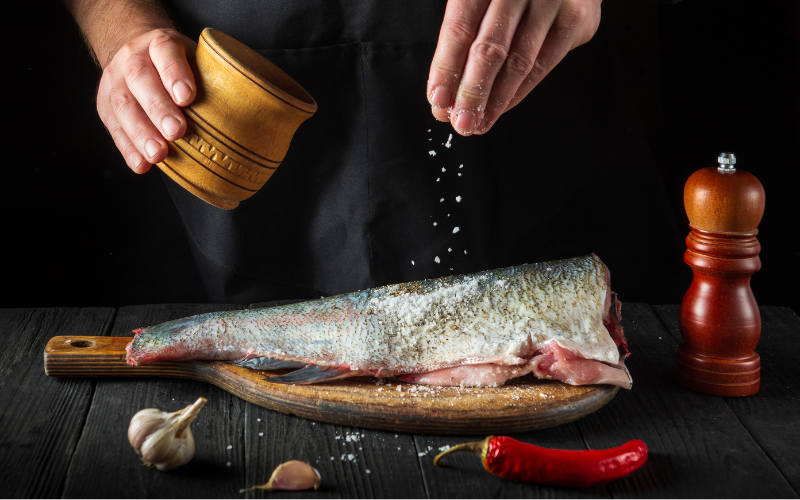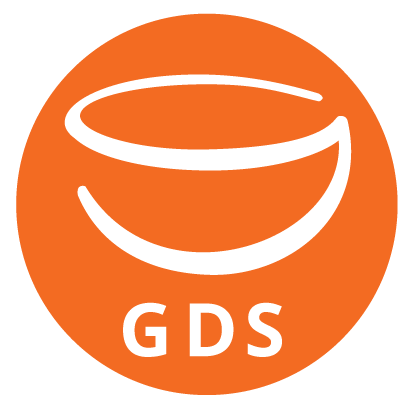Sugar: Poison or Passion? Top tips for cutting back.
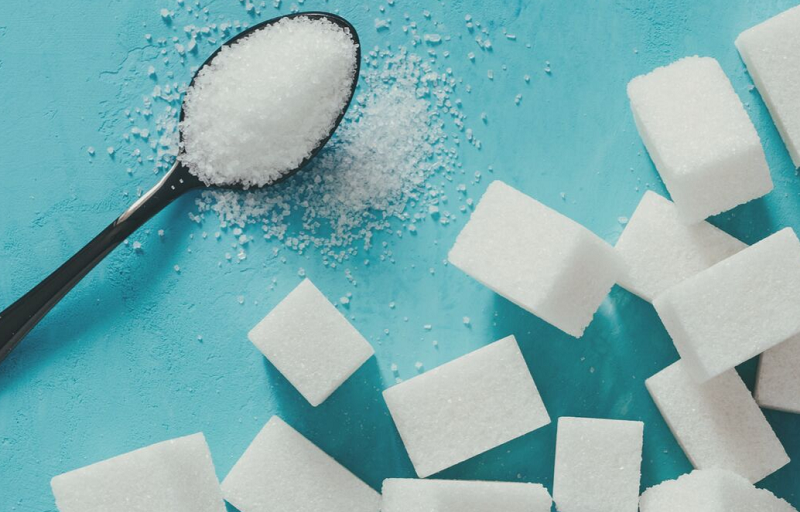
It may once have helped the medicine go down, but these days, loading up on sugar will put you on a sure-fire path to health disaster. That’s because sugar plays havoc with your blood sugar levels; is packed with calories that can lead to weight gain; has been linked to a wide range of health issues like diabetes, heart disease, depression, cancer, dental decay AND it can even accelerate ageing!
How much sugar are we eating & why we’re hooked
As health experts discover more about the devastating impacts of sugar consumption, the recommendations for acceptable sugar intake keep decreasing.
The World Health Organisation now says we shouldn’t be consuming more than 5 - 10 teaspoons of free sugars per day. Unfortunately most Australians far exceed this recommendation. According to consumer watchdog, CHOICE, Aussie adults on average consume 14 teaspoons of added sugar a day.
If the body and health impacts weren’t bad enough, there’s compelling new research that now suggests that sugar could be as addictive as some street drugs and have similar effects on the brain. Scientists have discovered that sugar activates the opiate receptors and reward centre of our brain, leading to compulsive behaviour, despite the negative consequences such as weight gain, headaches and hormone imbalances. The more we eat sweet foods the more we reinforce those brain patterns, causing us to not only build up tolerance but to crave more sugar to hit the sugar “high”.
‘Tis but thy name that is my enemy
These days sugar comes in many guises and under many different names. It’s often added by food manufacturers to make a food more palatable or to increase shelf life. And it’s not just in junk food, but is even added to many seemingly healthy foods including muesli bars, cereals and yoghurts.
Sugar can be added to foods under 42 different names. No wonder it’s hard for consumers to know what’s healthy or not! Some other names for sugar include corn syrup, glucose, sucrose, dextrose, fructose, molasses, malt, sorbitol, fruit juice concentrate, agave nectar, golden syrup, demerara, panela, muscovado, rapadura and date syrup.
A claim of “no added sugar” just means there isn’t any cane sugar, honey or syrup but as you can see, there are plenty of ways to add sweetness.
Are there any better alternatives to sugar?
Surely, we should all just switch to sugar-free sweeteners right? Wrong. Researchers have now uncovered an array of health issues linked to artificial sweeteners. They go by different brand names but we’re talking about saccharin, aspartame, sucralose and others. Not only have they been associated with increased appetite and insulin release but also the synthetic substances can harm your gut bacteria.
The jury is still out on the sugar alcohols such as xylitol, glycerol, sorbitol, mannitol, maltitol and erythritol. Whilst these substances do occur in nature, the ones added to foods are most commonly made in a lab.
There are a range of other natural sweeteners available today that may be better options, including stevia, rice malt syrup, coconut sugar, monk fruit and yacon syrup. What these sweeteners have going for them is that they tend to contain low or no fructose (considered the most evil of sugars), have a lower glycaemic index and fewer calories.
Regardless of your sweetener of choice, most experts agree that they are all foes masquerading as friends. Sweetness is a passion you should definitely dump. The best alternative is to just eat less sugary stuff. By reducing our intake of sweet foods, we retrain our taste buds to be satisfied with less sweet things, thereby conquering our sugar habit altogether.
Hit your sweet spot - 7 tips to break your sugar addiction
- Restock your pantry - you know what the bad foods are, so get rid of them. If they’re not in the house, you can’t eat them. Go for nutritious wholefoods instead of processed foods – a balanced meal with protein, carbs and healthy fats will help minimise cravings.
- Stop drinking soft drink – really, just please stop. An average can of cola contains 10 teaspoons of sugar (that’s your entire day’s allocation).
- Don’t opt for artificial sweeteners instead – sorry, diet versions are no good either! They bring with them a whole other array of issues as outlined above.
- Swap fruit juice for a piece of fruit or vegetable juice – unfortunately, fruit juice contains just as much sugar as soft drink and very little in the way of nutrition. On the other hand, the whole fruit contains fibre and other healthy components that add nutritional value plus slow down the absorption of sugar. Vege juices are fine as they are low in sugar.
- Read the label – make sure you know your way around a food label so you can discern the healthiest options. Sometimes claims like ‘low fat’ sound healthy but the manufacturer has replaced the fat with extra sugar. Learn how to read food labels.
- Go slow – if you are currently consuming a lot of sugar each day, try to moderately cut back over a few weeks rather than going cold turkey. Otherwise you can end up with sugar withdrawal symptoms like headaches and fatigue as well as the shock of elimination which can send you back to sugar bingeing.
- Sweet dreams – getting a good night’s sleep is associated with a better diet so you need to make it a priority. When you’re tired or staying up late it’s easy to reach for quick sources of energy (sugar laden foods) but these will only make you feel worse.
Is there any treat you can still enjoy guilt-free?
If you’re looking for a way to satisfy your sweet tooth without the blood sugar spikes and crashes, we have the answer. Our healthy, high-protein, sugar-free snacks are the all-natural alternative, endorsed by nutritionists. No sugar, but they do contain spice and all things nice in a portion sized serve, so you can indulge your passion with no remorse. Sweet.

